EveryMD v. Rick Santorum, Mitt Romney, and Newt Gingrich (C.D. California)
PatentlyO made me aware of an interesting story this morning. Their write up is a good summary about the complaint and how the plaintiff is suing the Republican presidential candidates and others who have created business pages on Facebook, Facebook itself, and other business page users for infringing U.S. Patent No. 7,644,122. What I find interesting is the language of the claim 1.
1. A method for providing individual online presences for a each of a plurality of members of a group of members by an interface server computer comprising the steps of:
maintaining a database comprising information associated with each of said plurality of members at a database system connected to said interface server computer;
allotting individual URLS to each of said plurality of members by associating an individual URL with each individual member of said plurality of members in said database system;
associating an individual home page for each said individual member of said plurality of members with said individual URL allotted to said individual member in said database system, said individual home page comprising information from said database associated with said individual member; a first control for submitting a comment about said individual member; and a second control separate from said first control for sending a message other than said comment to said individual member;
receiving by said interface server an online request for said individual URL from a requesting source;
providing said individual home page by said interface server computer to said requesting source.
All the steps (maintaining, allotting, associating, receiving, and providing) would arguably be done only by Facebook, not the individual users. The complaint makes no reference to it, but I assume there must be a theory of vicarious liability. Either the users are liable for contributory infringement, or actively inducing infringement by Facebook. I don’t see a strong argument for inducement, but contributory infringement could be applied.
One possible argument would be that a request, sent by a user, for an individual URL, is required for Facebook to carry out the second-to-last step of the claim. Those requests arguably have no substantial non-infringing use because they can only be denied or granted. Granting the request results in providing the individual homepage (i.e., the last step).
The infringement issues are intriguing, but we may never hear a court rule on them. The claims are very broad and could be invalidated in a pending inter partes reexamination with Facebook.
Here is a comment I left on the PatentlyO blog:
Sean Connolly said…
I agree that all the elements seem to read only on the entity operating the system, not the individual users. I don’t see where the individual business owners have liability unless the plaintiff has some new theory of contributory infringement. The claim can’t be infringed without the actions of a user.
One element of the independent claim is “receiving by said interface server an online request for said individual URL from a requesting source…” Does a request from a business user for a static URL have a non-infringing use? Would it matter?
Now I’m wondering about other services. The patent has a priority date of 1999. Were there any web services before then offering custom URLs? I’m thinking of early blogging sites, bulletin boards, and other such services. Does a “individual URL” include any static URL? Does the broadest reasonable reading of claim 1 cover the simple act of registering a domain name?



